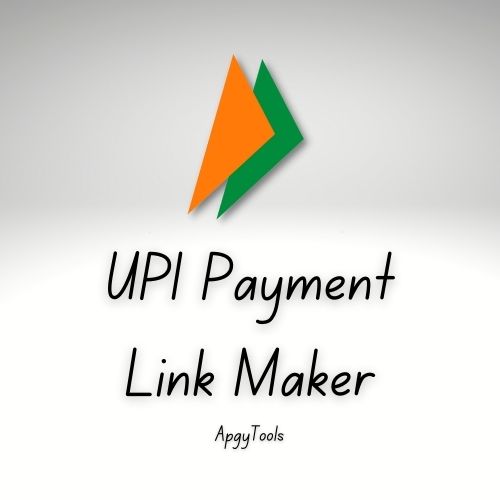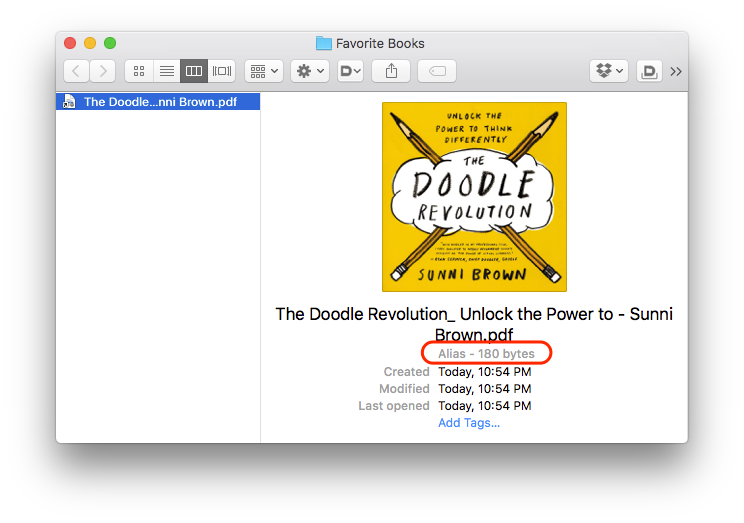
The impact of employees who share content is huge. However, when we neglect personal branding, we don’t just sell ourselves short – we also miss a big opportunity, from a sales perspective. We don’t get around to it because we’re busy, and because it can sometimes feel selfish or egotistical to invest time in marketing ourselves. I know that there’s more that I could be doing to build my own profile on LinkedIn – and I know that I’m not alone. But how often do we apply those skills to building our own personal brands? For many of us, it’s nothing like as often as we should. We’re trained at it – and we’re good at it. Tags: AI Tech Layoffs OpenAI Technology News ChatGPT AI News Job Cuts AI Jobs Sam Altman Follow News on abp LIVE for more latest stories and trending topics.Professionals – particularly salespeople – invest a lot of time and resource in building brands. Subscribe And Follow ABP Live On Telegram: Published at : 09:50 AM (IST) Furthermore, Altman acknowledged the importance of regulation and expressed confidence in the development of solutions to combat the risks associated with emerging technologies like deep fakes. He emphasised the need for governments to adapt and create new socioeconomic agreements, reassured them that new employment opportunities would arise despite job transformations, and expressed support for research and government initiatives in AI. While he recognised the genuine risks associated with these technologies, Altman expressed confidence that ongoing technological advancements would lead to accessible solutions that establish authenticity and counteract such threats.Īltman's visit to India shed light on his perspective regarding AI's disruptive nature and its potential impact on jobs. During the discussion, Altman was presented with an AI-generated video featuring a fabricated version of himself, which sparked a conversation about the dangers of deepfakes and fraud.

Altman mainly recognised India as a country well-suited to achieve significant outcomes through government-backed initiatives in AI.Īltman also welcomed the notion of regulation, acknowledging the scale of disruption brought about by AI.

He acknowledged the concerns of many nations about relying solely on a few foreign companies for a technology that holds such transformative potential. He highlighted the historical pattern of technological revolutions leading to job transformations and underscored the belief that new and improved job opportunities will arise due to AI's impact.Īs a former Stanford University student himself, Altman expressed his support for independent research on AI and underscored the significance of government-funded projects in this field. He emphasised the need for a proactive approach to prepare and upskill workers to meet the changing demands of the job market.Īltman's viewpoint resonated with the notion that AI should be perceived as a tool to enhance human capabilities rather than replace them entirely.

In an interview with the Economic Times, Altman candidly acknowledged that while certain jobs may become obsolete due to automation, new avenues for employment will emerge.

He stressed the urgency for governments to adapt and develop new socioeconomic agreements in response to the rapid advancements in AI technology. Altman recognised AI as a disruptive force but reassured that it does not signify the end of permanent jobs. During his visit to India, Sam Altman, CEO of OpenAI, shared his insights into the transformative potential of artificial intelligence (AI) and its implications for employment.


 0 kommentar(er)
0 kommentar(er)
